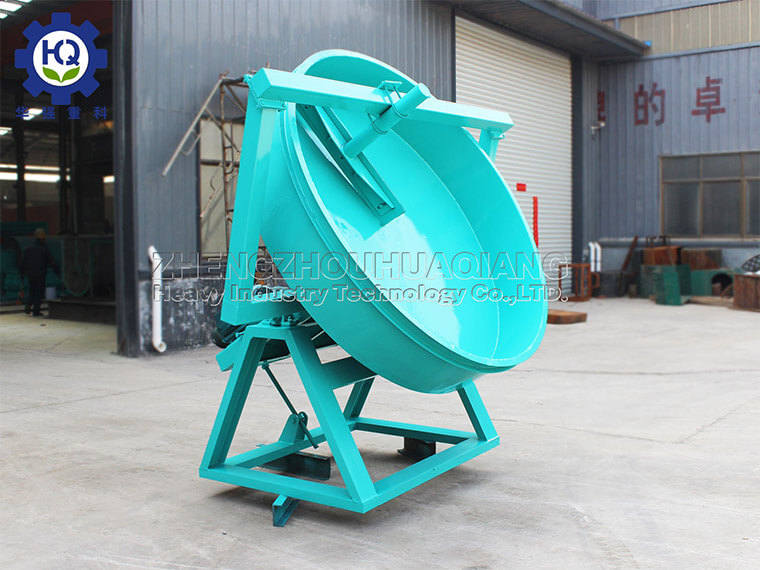Pig manure organic fertilizer granulator machine: Whether you like to eat pork or not, 700 million pigs are there, and the problem is that these 700 million pigs bring more than 100 million worth of manure.
Pig manure is very “fat”. Today, no one will question the necessity of environmental protection in pig breeding. How to do it has become a problem that the industry really needs to think about. The same thing may look completely different from different angles. These hundreds of millions of tons of manure can be the source of pollution in some people’s eyes, and why can’t they be the source of wealth in the eyes of others? Turning pig manure into organic fertilizer, turning garbage into resources, and endless troubles suddenly become Endless benefits, all problems suddenly solved?
Reality is never as full as ideal. Regardless of whether it is a pig farm or an organic fertilizer plant, it seems that at present it has not really found a way to perfectly connect the two. The production of organic fertilizer is a completely unfamiliar technology for pig farms, and it is difficult to accept huge investments. The use of pig manure raw materials is also full of unknowns for organic fertilizer plants. Various residues of heavy metal antibiotics are even bluntly stated by the fertilizer industry.
Who can build a bridge between the two first? We will think of the government habitually. The government does a lot, ranging from regulations to subsidies. But everyone understands that the market is the biggest force. We are very pleased to see that leading companies like Wen’s, Muyuan and Dongrui have already made many successful attempts.

Only when every individual in the market starts to benefit from it, the 100 billion market in the theory of swine manure organic fertilizer can be truly activated, and then the pig manure naturally becomes a fat difference.
Q: How do pig manure mature?
Answer: Pig manure has a fine texture, less cellulose, and high nutrient content. It is a good organic fertilizer. But because of its high water content, slow maturity, and less heat released during fermentation, it belongs to cold fertilizer.
Its fermentation is slower than sheep and horse dung. Fermentation requires a certain temperature and humidity. The temperature of pig manure fermentation should reach 60 ℃ -70 ℃, and the moisture content should reach about 60%. (The judging method of 60% water content is to hold the pig manure tightly with your hands to make it into a lump, and let go when you loose it.) If the temperature is not enough, you can cover the film, or mix some horse manure. When the water content is high, the manure can be pulled apart to evaporate the water, and when it is not enough, add water. In addition, adding some nitrogen fertilizer can speed up the fermentation.
The standard for good fermentation of pig manure is: the color is yellow-green, with white mycelium-like substances, and the smell is not strong and slightly alcoholic. Pig manure has a water content of 81.5%, organic matter of 15.0%, nitrogen of 0.60%, phosphorus of 0.40%, and potassium of 0.44%. The nutrient content is high, balanced, soft, and the fertilizer effect is large and long, which is “warm fertilizer”. Pig manure has a fine texture and complex ingredients, containing protein, fats, organic acids, cellulose, hemicellulose, and inorganic salts. Pig manure contains more nitrogen and a smaller ratio of carbon to nitrogen (14: 1). It is generally easily decomposed by microorganisms, releasing nutrients that can be absorbed and utilized by crops. After decomposing, it can be applied to cold soil, sandy soil and clay field to improve the soil.





